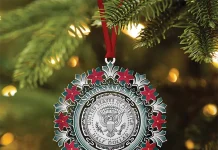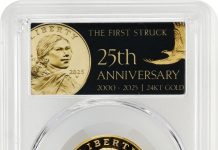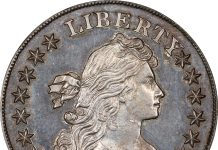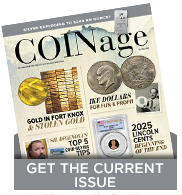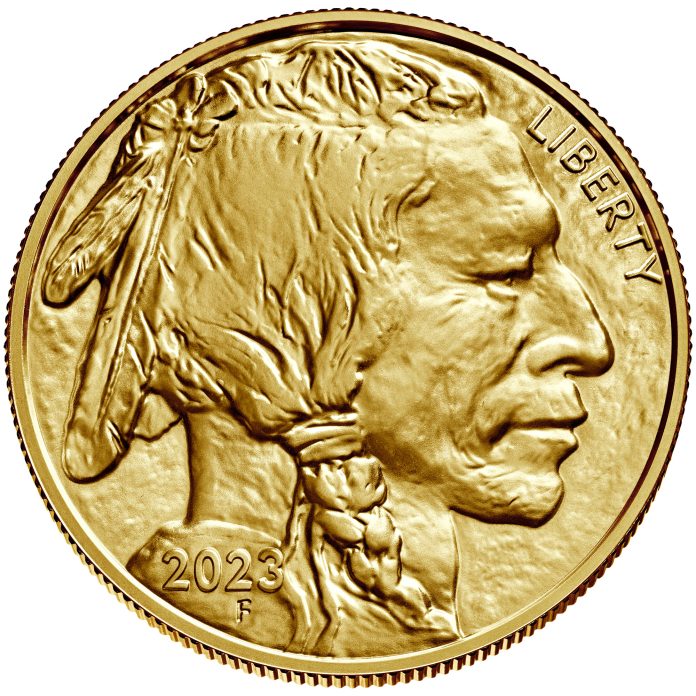
Right now, if we listen to the polls and pundits, the 2024 U.S. presidential election looks like it will be a rematch of the two candidates from 2020: Joe Biden versus Donald Trump.
It can be helpful to look back at similar times when high inflation and geopolitical challenges were like today’s problems.
The 2008 election was during a major financial crisis. Gold was rising in 2007 and 2008, but stocks fell over 50 percent. Over the full year, gold beat stocks by a comfortable margin and gold was a clear winner in the last three election years.
We don’t know for certain who will run in 2024, but the problems facing America are more severe than at any time since World War II if you count rising debt, weakened political, military and social structure at home versus rising international threats. Many financial advisors now encourage clients to regularly add gold and silver to their portfolios.
I strongly believe gold will rise over 20 percent in 2024 to reach $2,300 or more, as more investors buy gold.
A Gallup Poll for 2023 shows gold is America’s second favorite investment, just behind real estate, but ahead of stocks, mutual funds, bonds and cash. Just for a reminder, here is how gold has ascended the popularity ladder on Gallup since 2020, despite the rise in interest rates since then. Gold was ranked number four in 2020; then it climbed to number three; and it is now at number two.
Role of the National Coin & Bullion Association
I have served on boards of the National Coin and Bullion Association (NCBA) since 1995 and was involved with its predecessor, the Industrial Council of Tangible Assets (ICTA), from its inception. NCBA is a coin and precious metals lobbying and trade organization formed to advance and protect dealers in and holders of coins and precious metals.
In my four decades of active involvement and three decades on the ICTA/ NCBA board, I am most proud of working toward the removal or lowering of tax rates on the sale of coin and bullion products in Texas, Louisiana and other states. Without the unity of our members – although we vigorously compete for business – we could not win these victories to make 41 states partially or fully sales-tax-free.
Keeping up with current sales tax laws in all states is an important and daunting programming task if you don’t have a skilled IT programmer and analyst like I have with Rahul Valani. When you buy rare coins and precious metals, consider taking delivery in a sales-tax-free state. In my view, there is no need to pay up to eight percent or more in sales tax when it can be legally avoided.
This Market Report column by Mike Fuljenz previously appeared in COINage magazine. To subscribe click here. Photos courtesy of the U.S. Mint.




